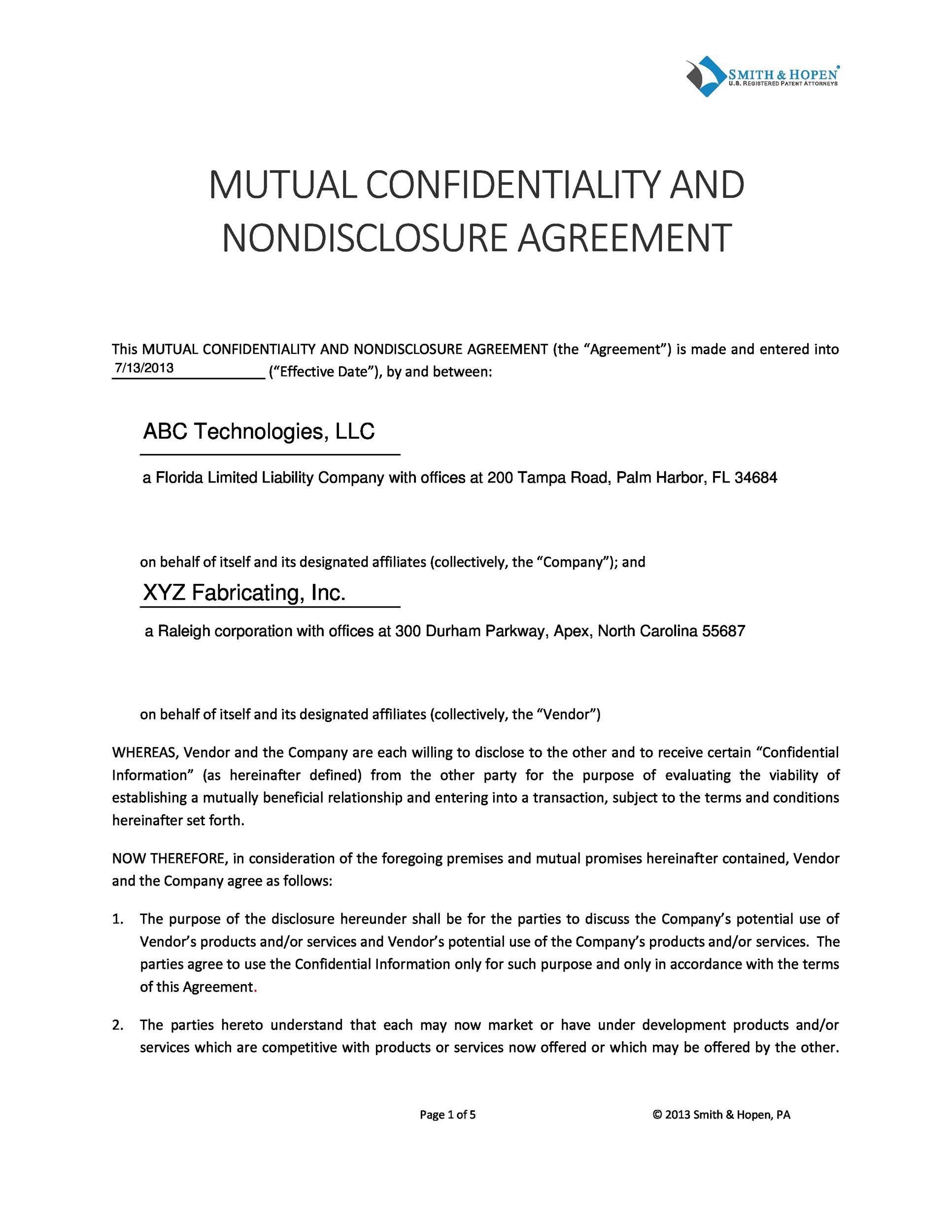Table of Content
If a financial institution does not utilize risk-based pricing, it is important to note that there are still disclosure requirements for mortgage loans. The Fair Credit Reporting Act outlines rules in section 609 that require a notice to home loan applicant. In summary, the credit score exception notice is technically not required on denied loans except for three reasons.
Guides to how the CFPB will supervise and examine entities under its jurisdiction for compliance with Federal consumer financial law. Institutional coverage charts are reference tools illustrating the criteria to help determine whether an institution is covered by Regulation C. Transactional coverage charts are reference tools illustrating one approach to help determine whether a transaction is reportable under HMDA. If we do not receive it by that date, we will regrettably be unable to give further consideration to your credit request. Upon borrower’s request, HUD-1 statement completed and available for inspection. Within 90 days after notifying applicant of counteroffer.
Credit Score Disclosure Exception Notices
While we do our best to be accurate, the information in this site and resources is provided on an “as is” basis with no guarantees of completeness, accuracy, usefulness or timeliness. For more information on any topic discussed on this site, seek legal counsel. See our legal notice for more information. Downloaded by more than 1,000 bankers.

Within a reasonable time of the action taken on the application. For first mortgages on residence, notice of history of transfer of mortgage servicing rights; to be acknowledged by applicant. Section 211 of the Fair and Accurate Credit Transactions Act of 2003, referred to in subsec. 108–159, which is set out as a note under section 1681j of this title and relates to the promulgation of regulations. 108–159 amended this section. As used in this subsection, the term “person” does not include an enterprise (as defined in paragraph of section 4502 of title 12).
Home mortgage disclosure reporting requirements (HMDA)
The creditor does not treat as late for any purpose a required minimum periodic payment received by the creditor within 14 days after mailing or delivery of the periodic statement. The HMDA data about our residential mortgage lending are available online for review. The data show geographic distribution of loans and applications; ethnicity, race, sex, age, and income of applicants and borrowers; and information about loan approvals and denials. These data are available online at the Consumer Financial Protection Bureau's Web site (/hmda ). HMDA data for many other financial institutions are also available at this Web site.

If a key factor that adversely affects the credit score of a consumer consists of the number of enquiries made with respect to a consumer report, that factor shall be included in the disclosure pursuant to paragraph without regard to the numerical limitation in such paragraph. A record of all inquiries received by the agency during the 1-year period preceding the request that identified the consumer in connection with a credit or insurance transaction that was not initiated by the consumer. Estimates - obtaining information.
Jan 26 CFPB Makes Changes to Prepaid Accounts Rule
For purposes of this subsection, the term “victim” means a consumer whose means of identification or financial information has been used or transferred without the authority of that consumer, with the intent to commit, or to aid or abet, an identity theft or a similar crime. If the creditor adjusts an account balance so that at the end of the cycle the balance is less than $1 - so long as no finance charge has been imposed on the account for that cycle. If loan will be secured by a dwelling, written notice of the right of applicant to obtain a copy of an “appraisal report” used with the application. Alternatively, a copy of the “appraisal report” may be given without notice.

The creditor shall mail or deliver a periodic statement as required by §1026.7 for each billing cycle at the end of which an account has a debit or credit balance of more than $1 or on which a finance charge has been imposed. Based on the above, you can see that the best practice is to just send the credit score exception notice for all denials. The easiest way for financial institutions to do this is to contract with their credit reporting agency to have them send the required notice any time a credit report is obtained by the financial institution. In order for creditors to provide disclosures in accordance with the timing requirements of this paragraph, consumers must be permitted to return merchandise purchased at the time the plan was established without paying mailing or return-shipment costs.
Curbing Mortgage Fraud
Any provision in a contract that prohibits the disclosure of a credit score by a person who makes or arranges loans or a consumer reporting agency is void. Nothing in this paragraph shall be construed to require a consumer reporting agency to disclose to a consumer any information concerning credit scores or any other risk scores or predictors relating to the consumer. A creditor may collect an application fee excludable from the finance charge under §1026.4 before providing account-opening disclosures. However, if a consumer rejects the plan after receiving account-opening disclosures, the consumer must have no obligation to pay such an application fee, or if the fee was paid, it must be refunded.
Congress in 1970, the National Credit Union Administration is an independent federal agency that insures deposits at federally insured credit unions, protects the members who own credit unions, and charters and regulates federal credit unions. In some situations, an applicant may need to receive the Notice to the Home Loan Applicant without receiving an initial disclosure package. In order to my fully comply with this statue, we have added Cx2114 to the adverse action package for the state of California. A lender shall not have liability under any contractual provision for disclosure of a credit score pursuant to this subsection. “Because the score is based on information in your credit history, it is very important that you review the credit-related information that is being furnished to make sure it is accurate.
In addition, creditors must continue to follow all of the other open-end credit requirements and procedures in subpart B. “The credit score is a computer generated summary calculated at the time of the request and based on information that a consumer reporting agency or lender has on file. The scores are based on data about your credit history and payment patterns. Credit scores are important because they are used to assist the lender in determining whether you will obtain a loan. They may also be used to determine what interest rate you may be offered on the mortgage.

When applicable, written notice to applicant that property securing loan is or will be located in special flood hazard area and whether federal disaster assistance is available. The NCUA protects the safety and soundness of the credit union system by identifying, monitoring and reducing risks to the National Credit Union Share Insurance Fund. Backed by the full faith and credit of the United States, the Share Insurance Fund provides up to $250,000 of federal share insurance to millions of account holders in all federal credit unions and the overwhelming majority of state-chartered credit unions. However, if a numerical credit score is generated by an automated underwriting system used by an enterprise, and that score is disclosed to the person, the score shall be disclosed to the consumer consistent with subparagraph . Nothing in this subsection creates an obligation on the part of a business entity to obtain, retain, or maintain information or records that are not otherwise required to be obtained, retained, or maintained in the ordinary course of its business or under other applicable law. Any law enforcement agency investigating the identity theft and authorized by the victim to take receipt of records provided under this subsection.
There is one quirk to this rule, however. The timing rules for delivering the exception notice state that the disclosure must be provided “as soon as reasonably practicable,” which is often viewed as within 3 days. Therefore, if you don’t deny a non-real estate consumer mortgage application right away, you still need to send the credit score exception notice. This requirement to deliver the NTHLA is a separate rule from the RBPN, but is incorporated into the credit score exception notice (H-3), meaning that the H-3 complies with both the RBPN and the NTHLA requirements. The problem, however, is that the NTHLA is still required even if the application is denied. This means that if a creditor were to not send the credit score exception notice (H-3) on a denial for a 1-4 family consumer mortgage application, the NTHLA disclosure would still need to be provided.


No comments:
Post a Comment